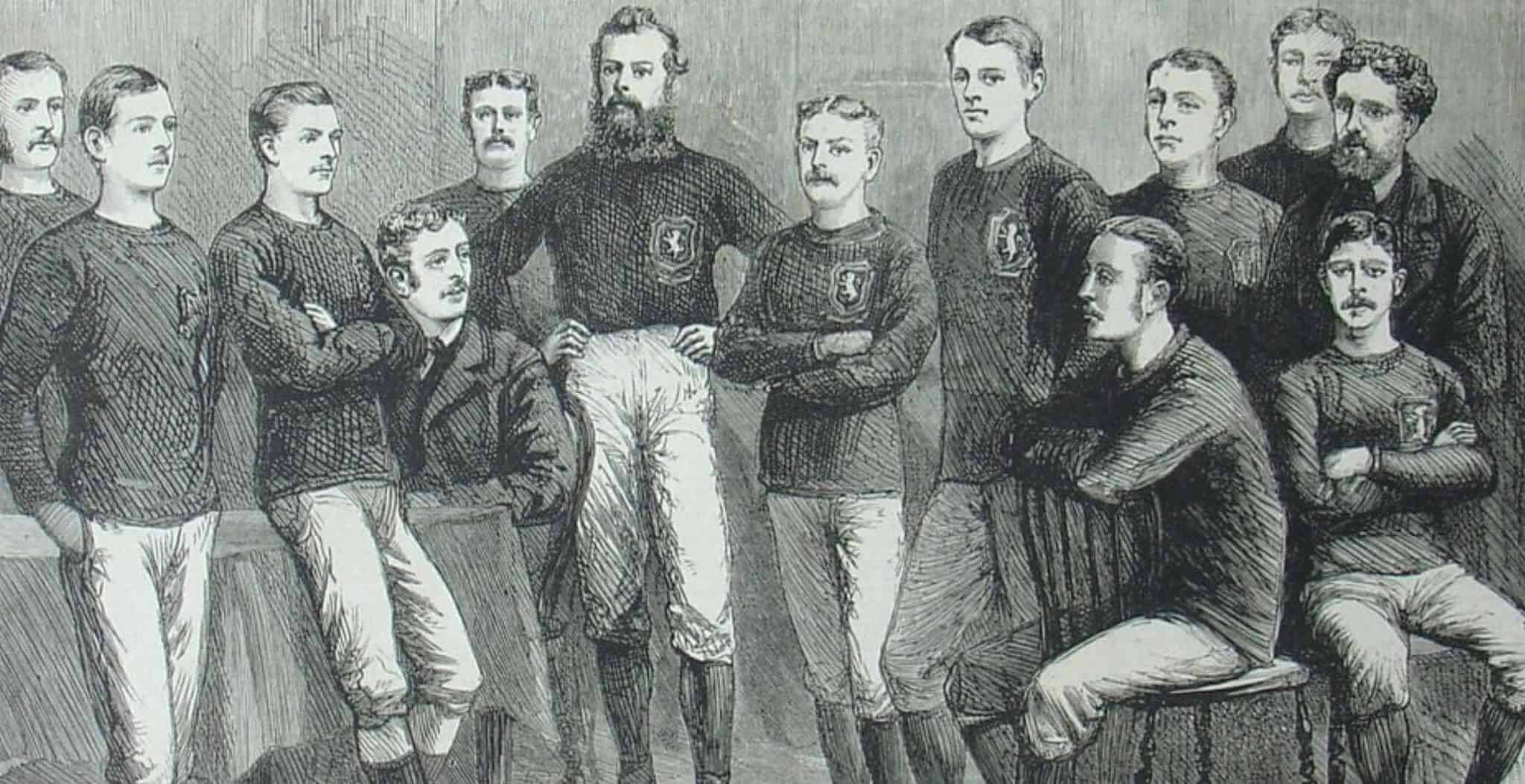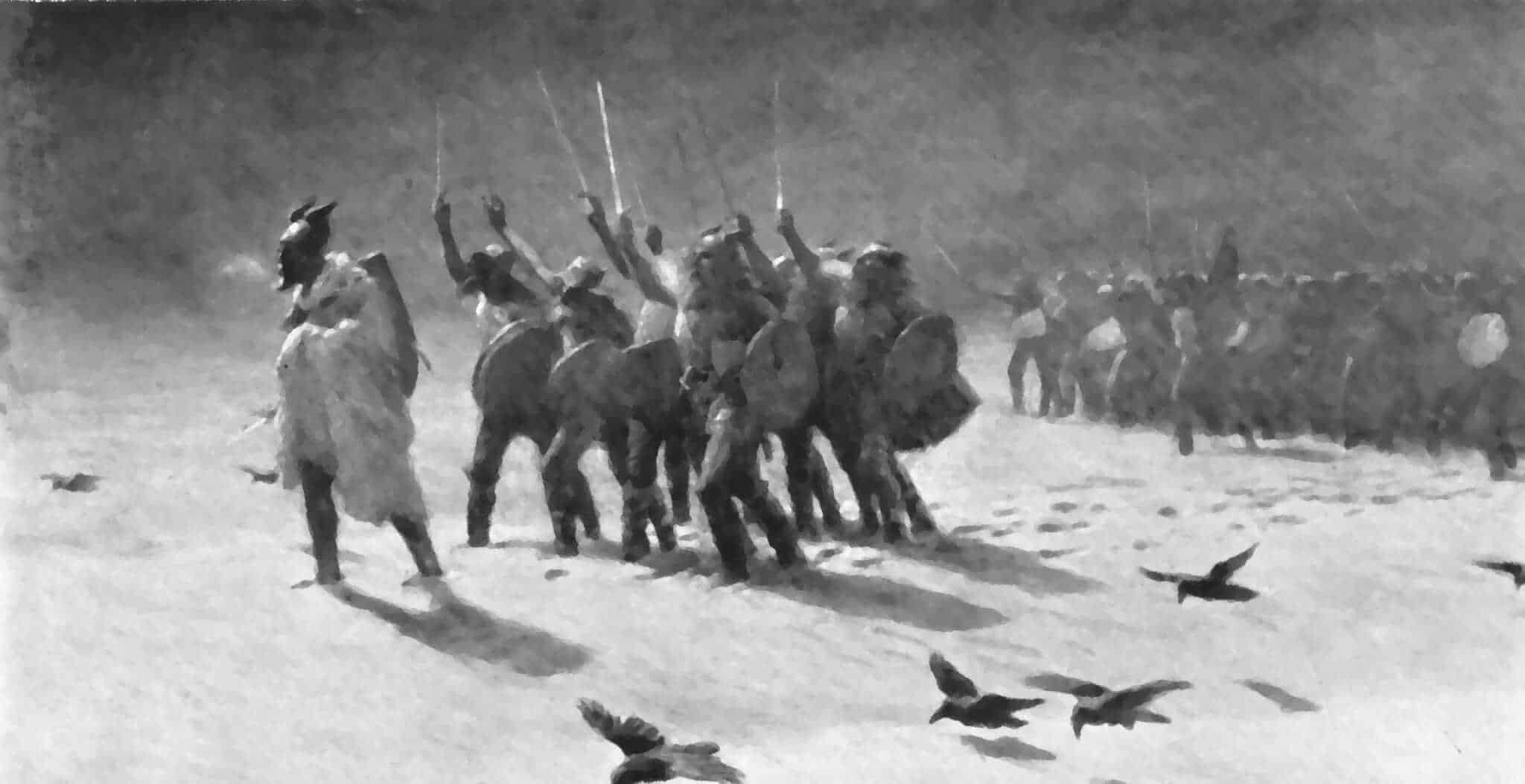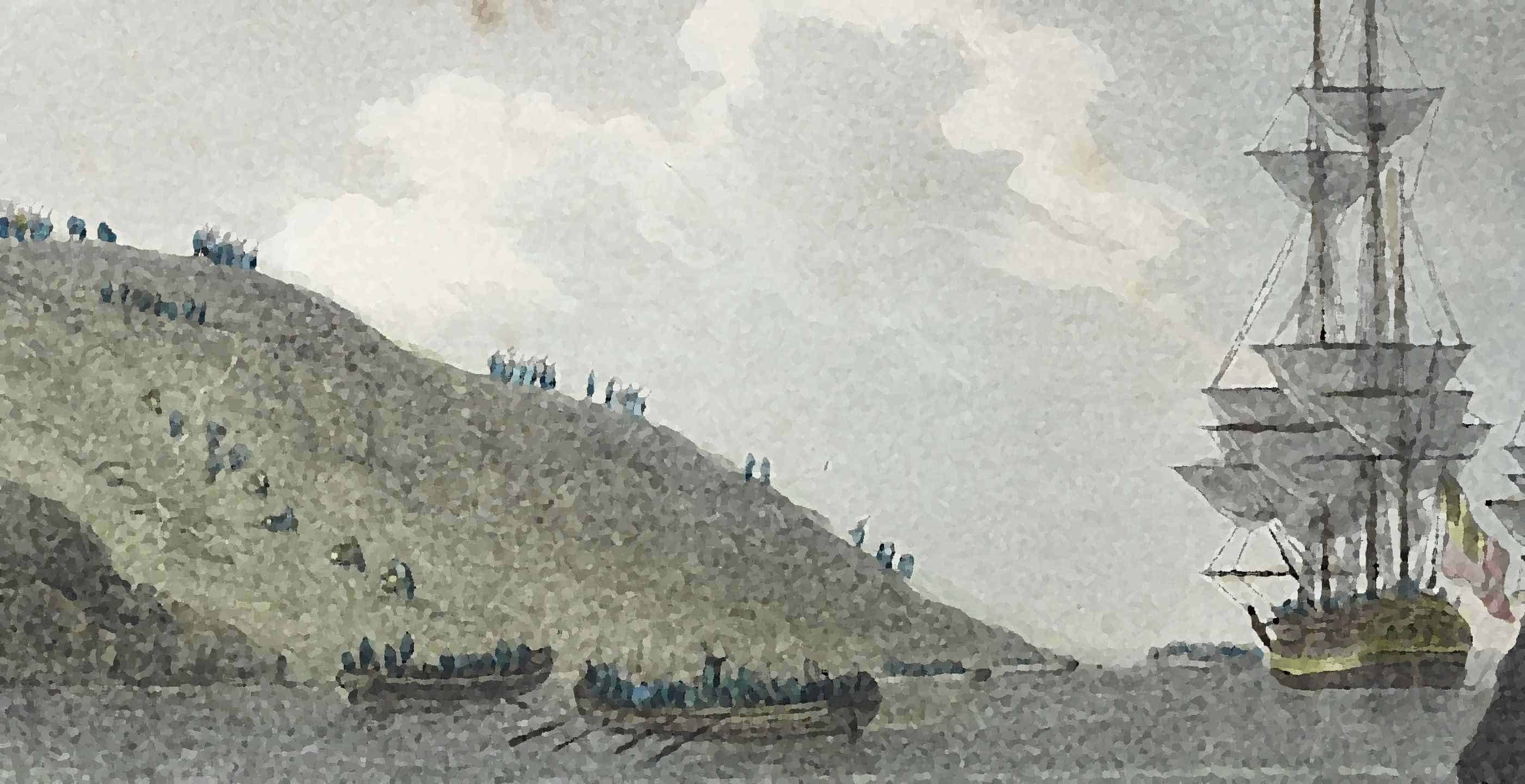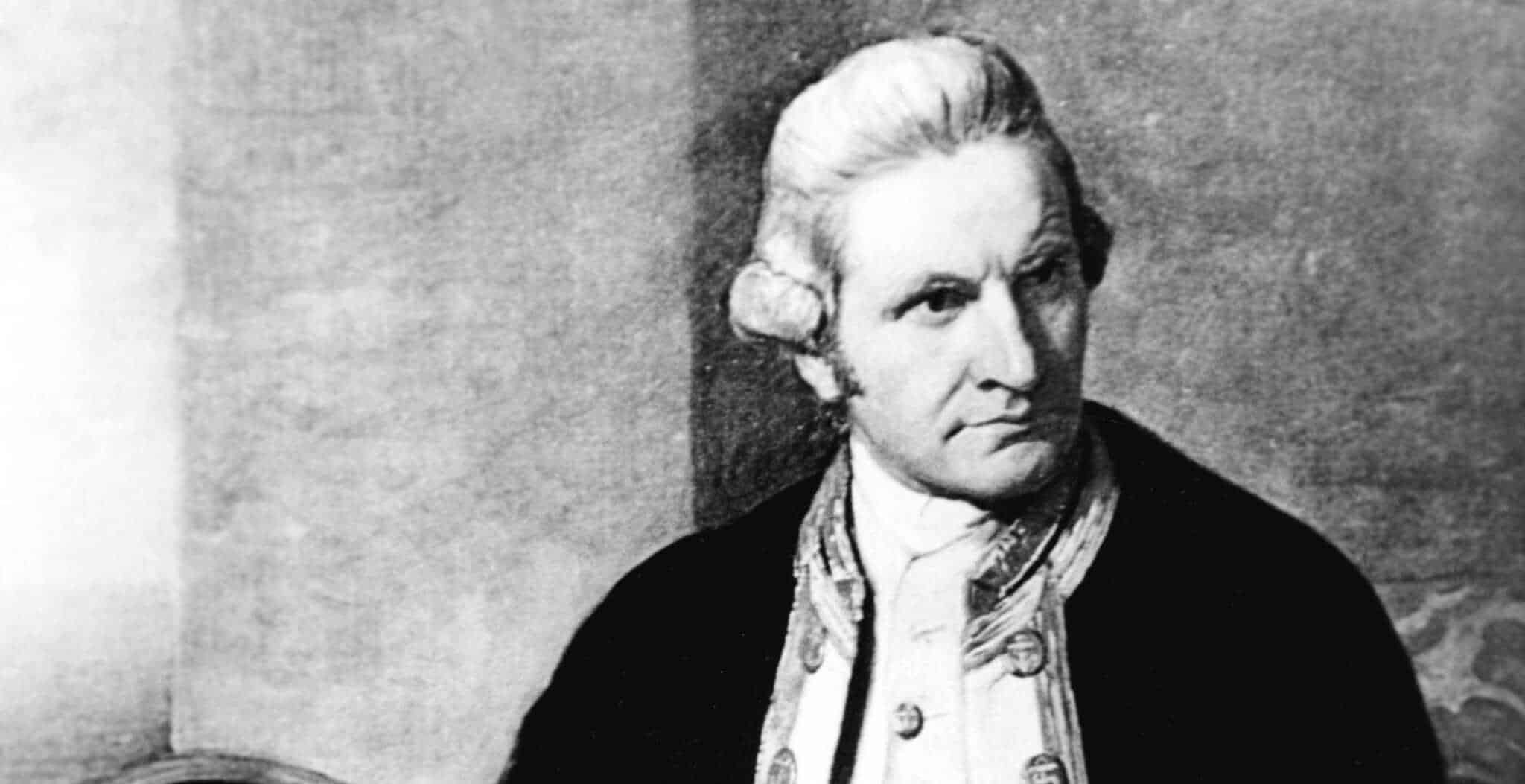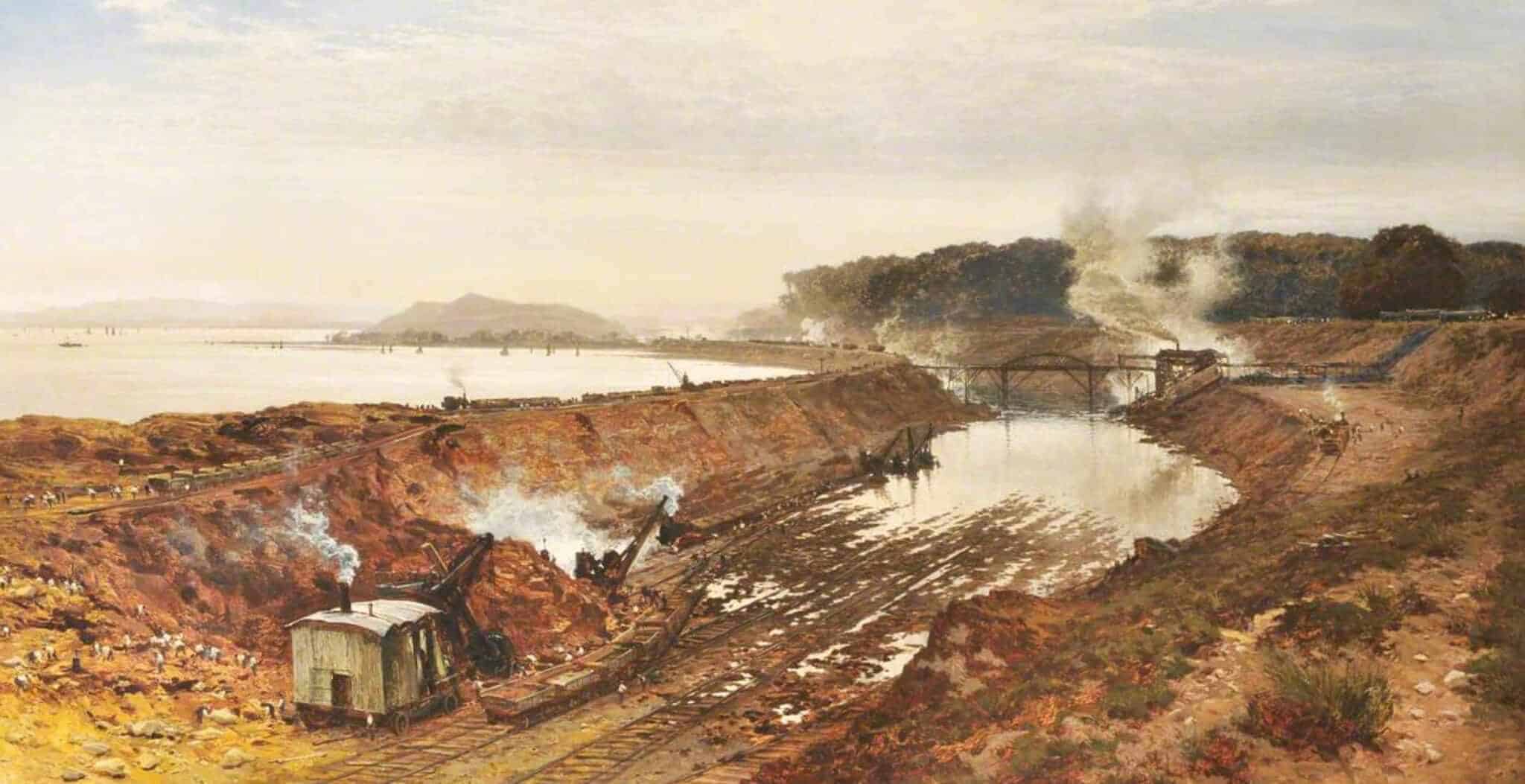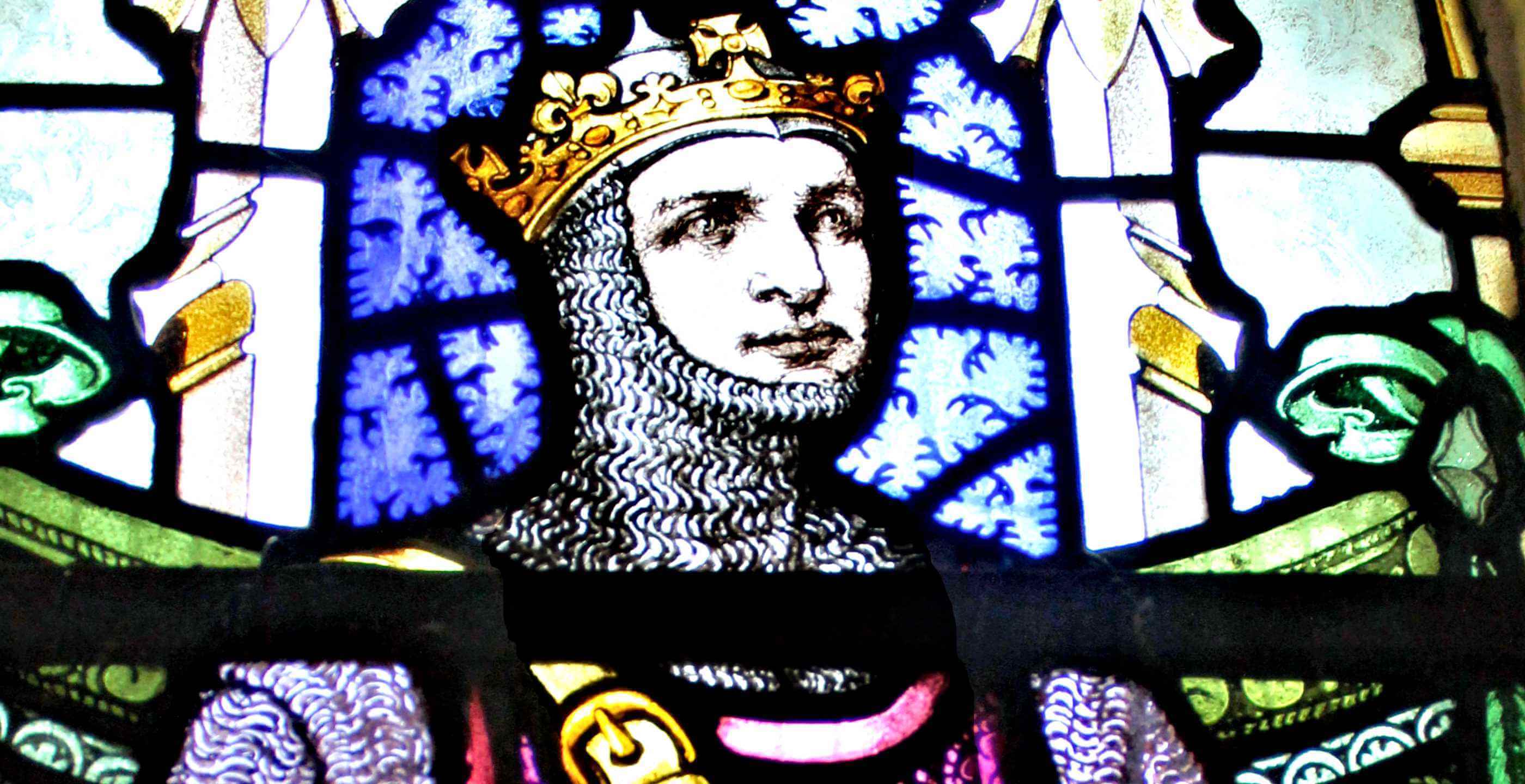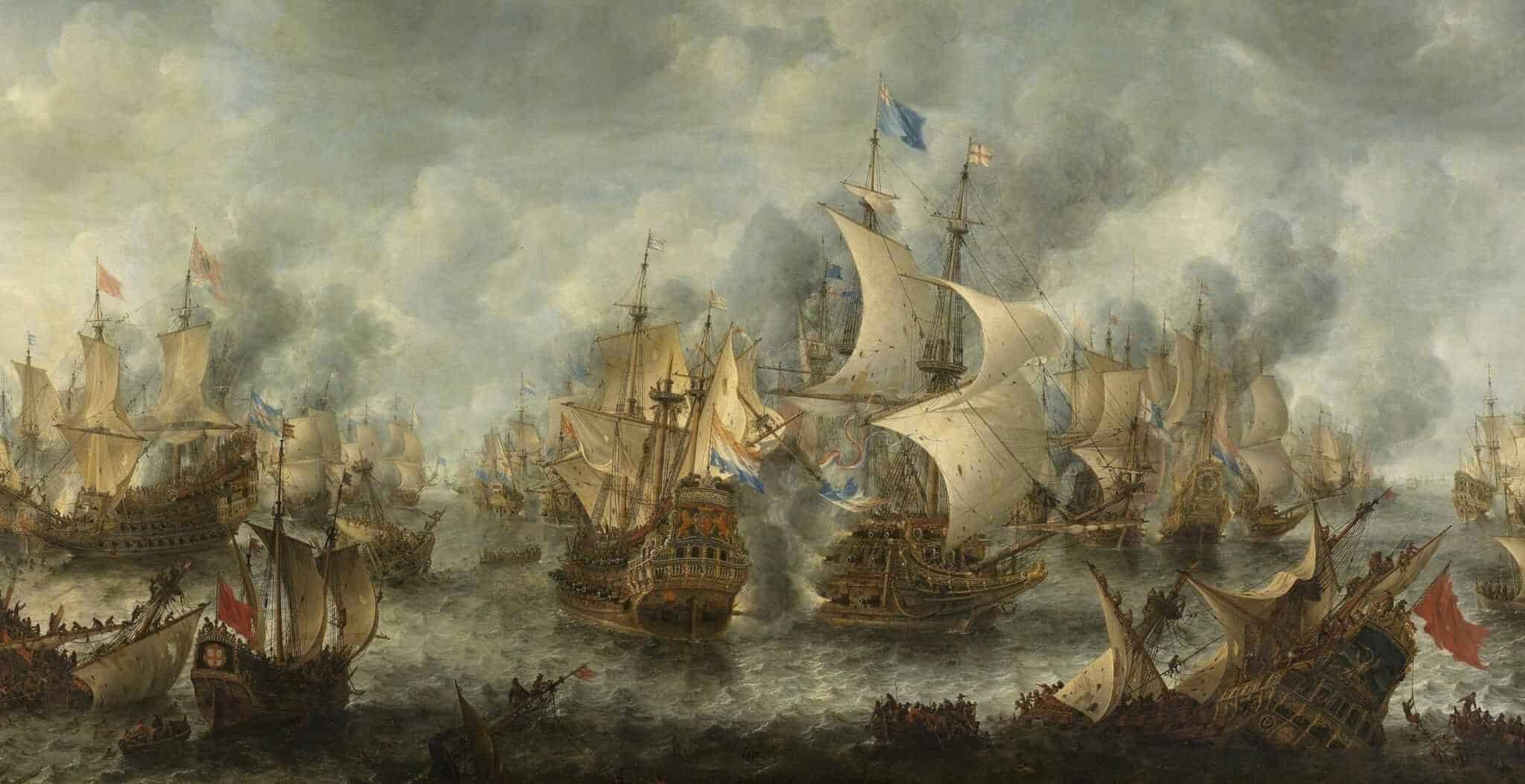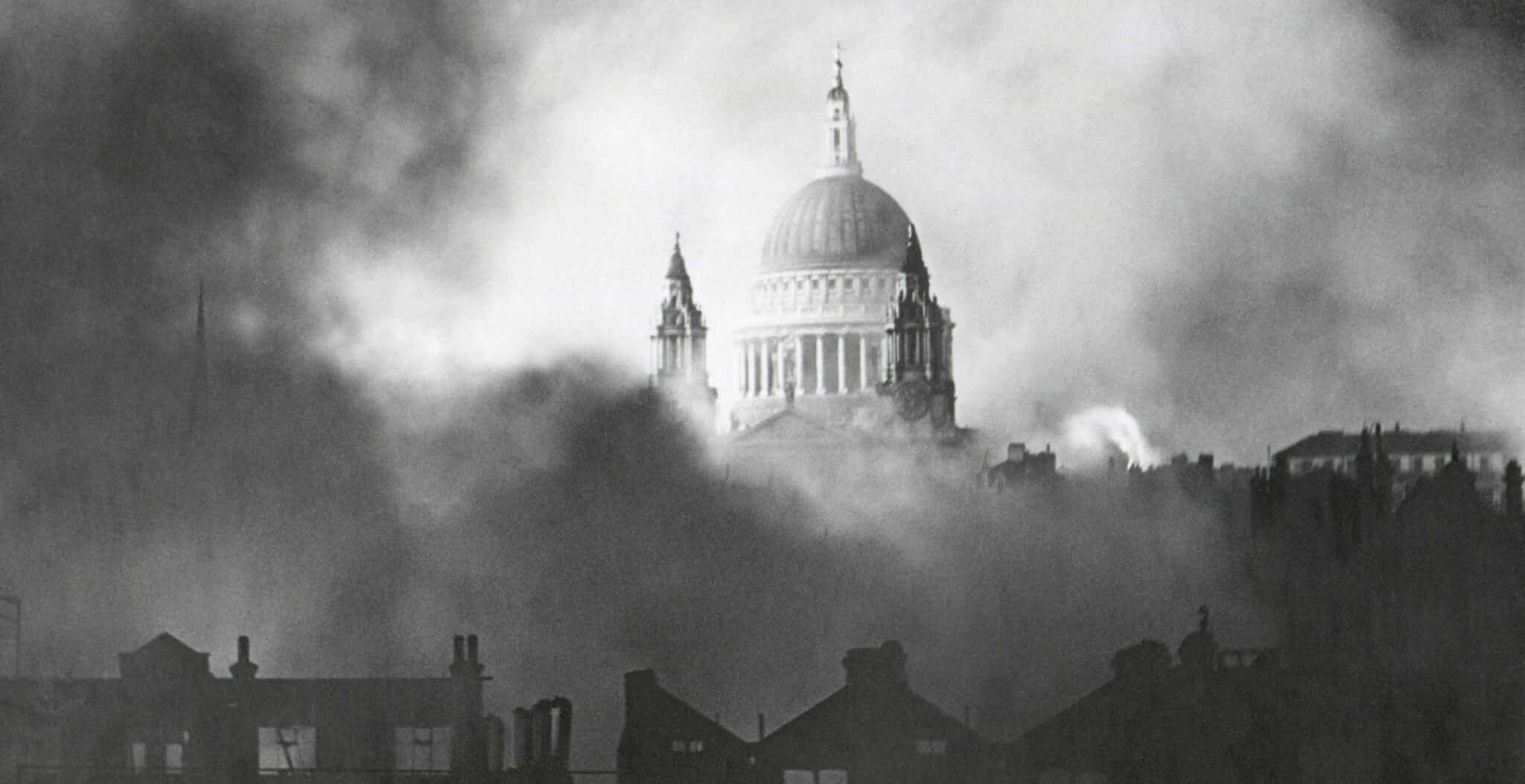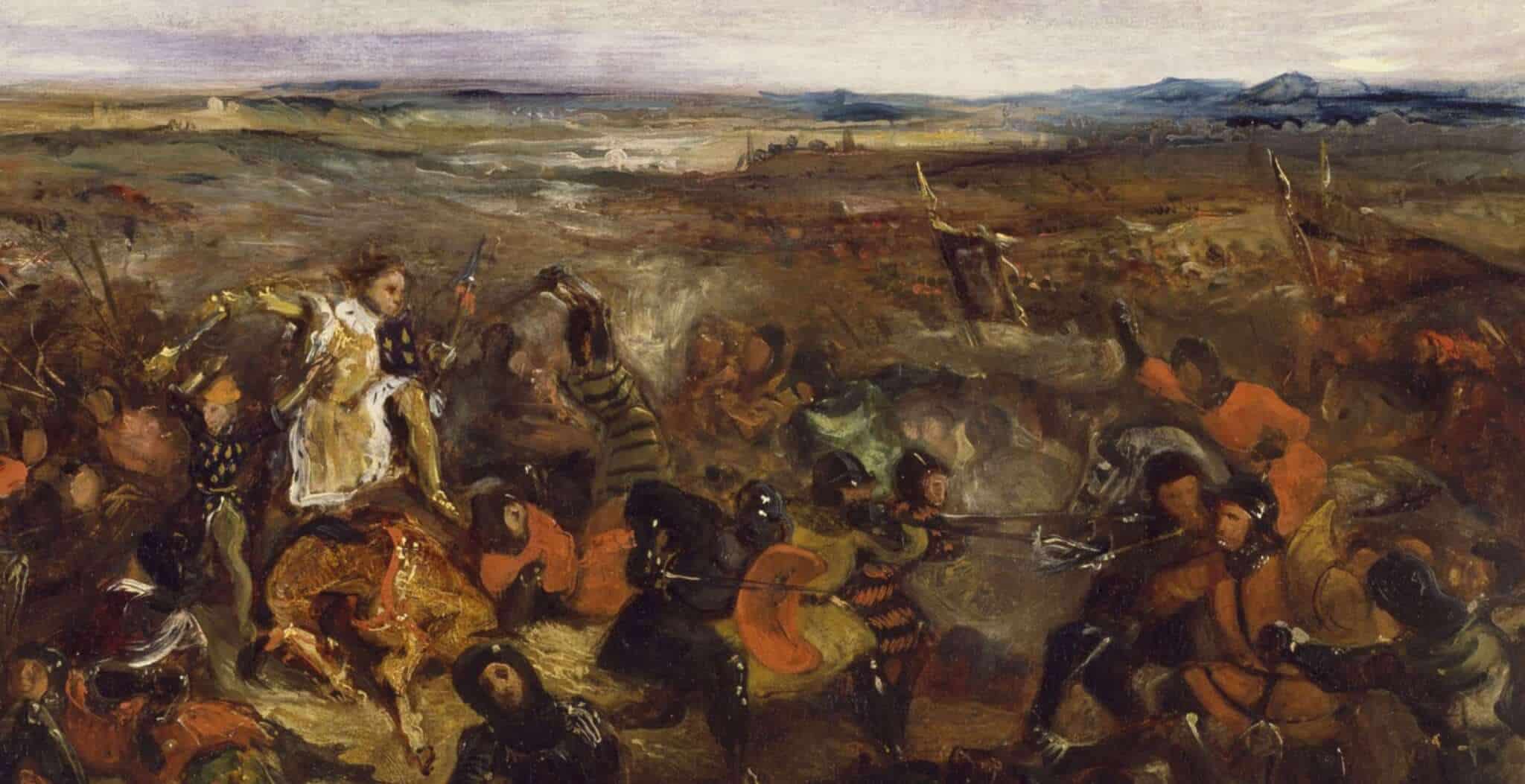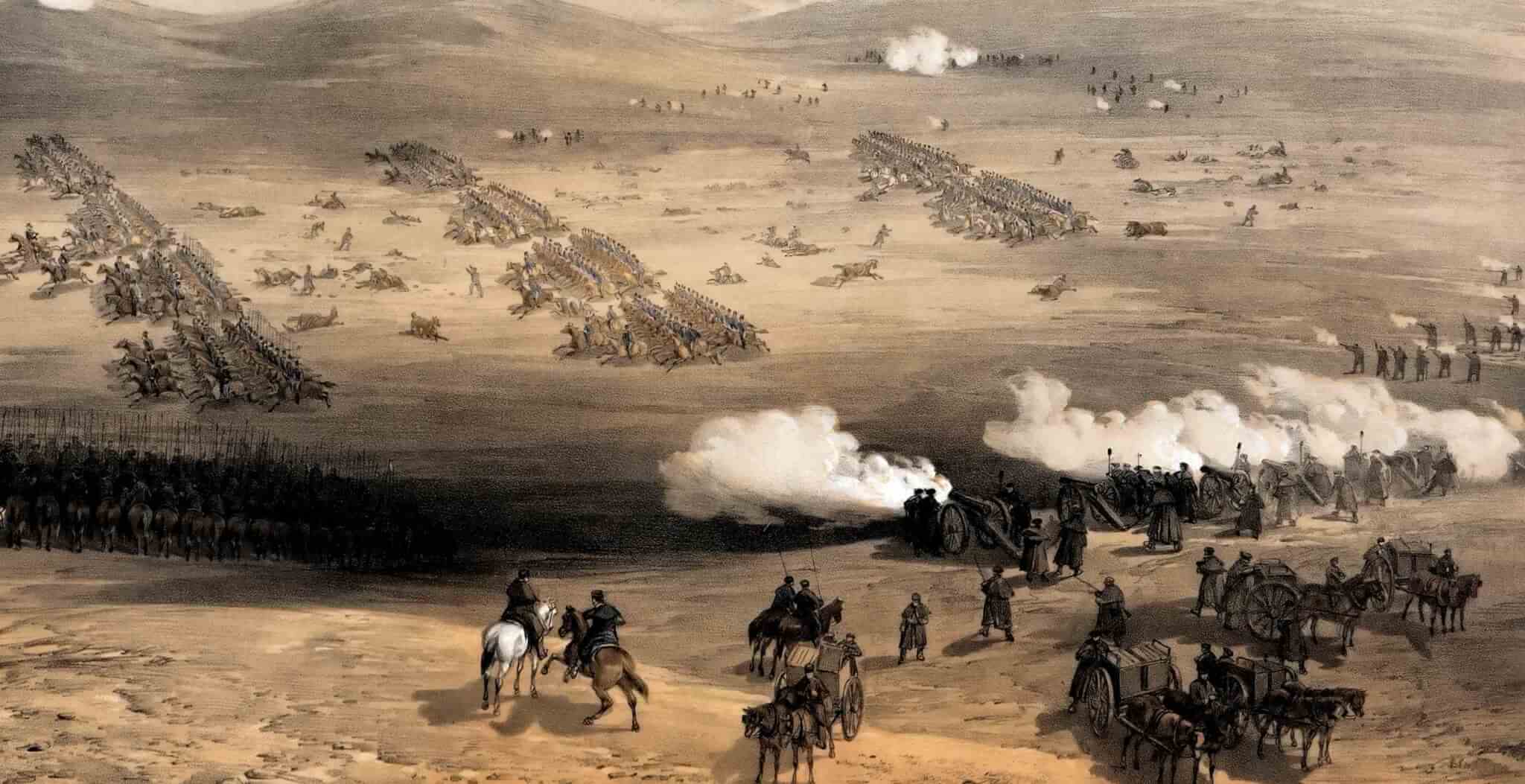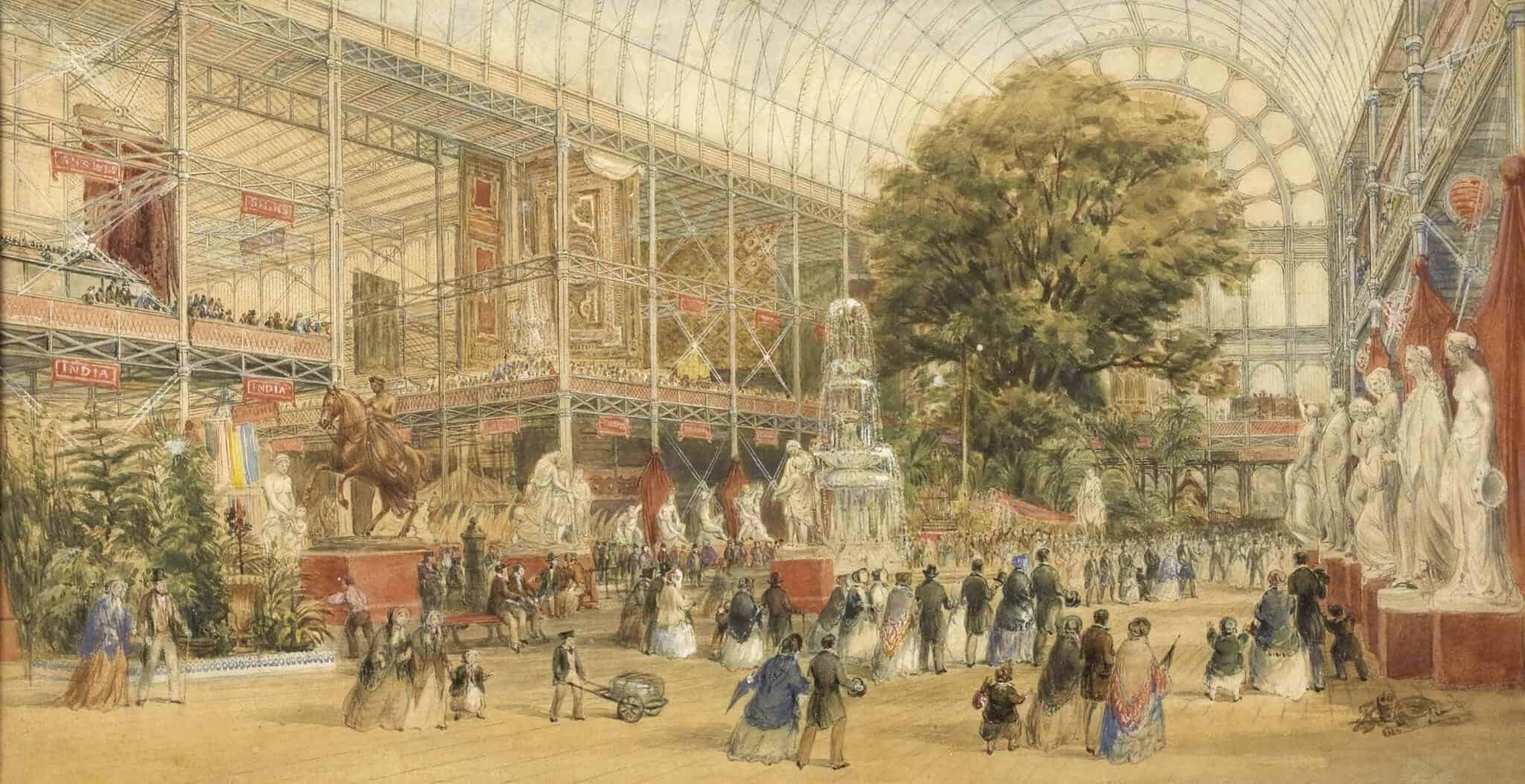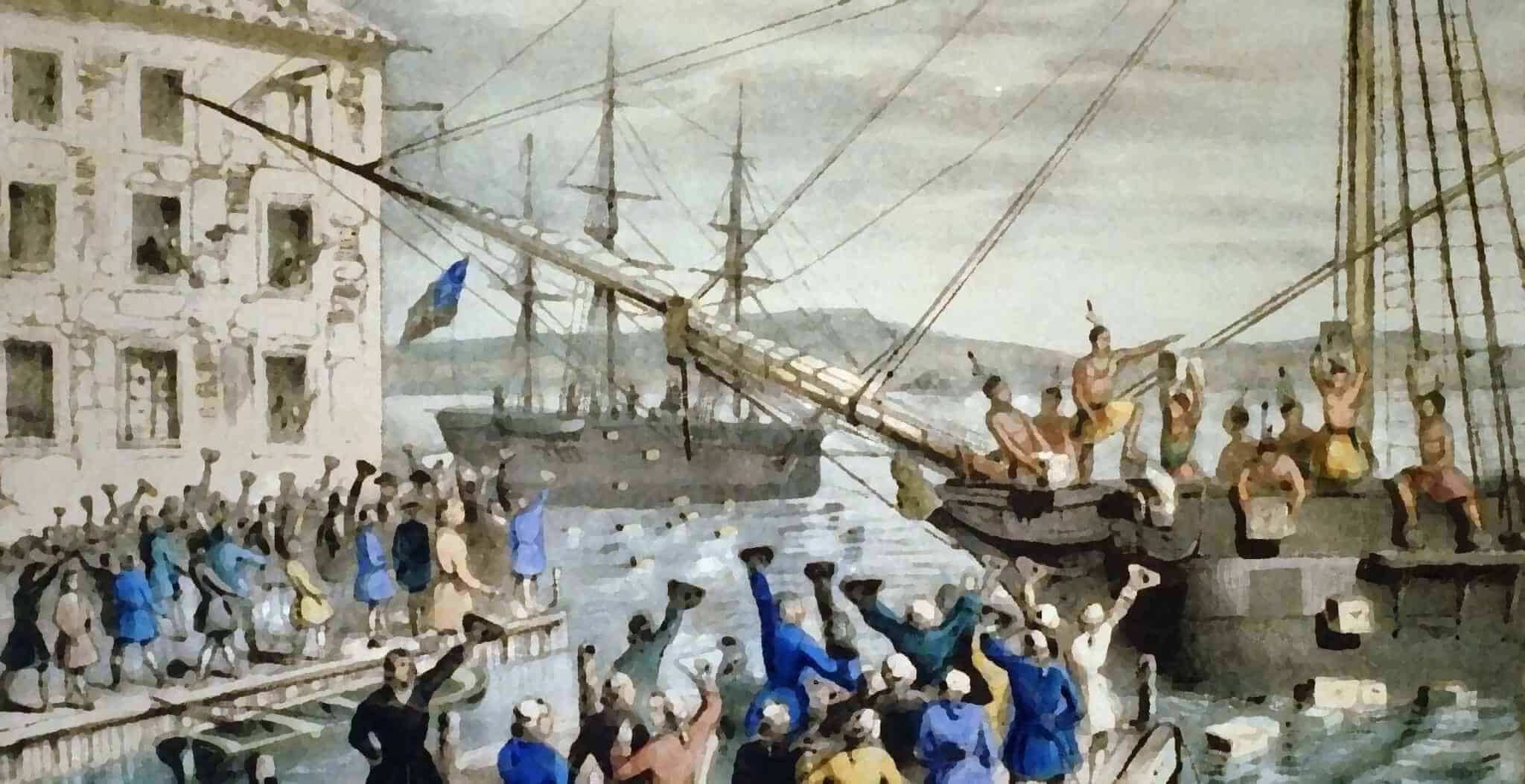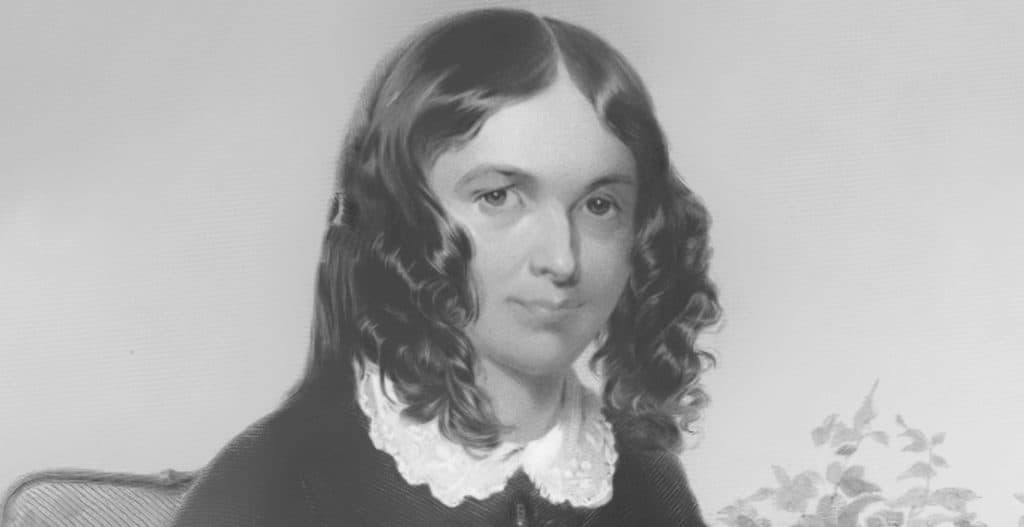Among many other events, March saw the end of Indian Mutiny, the end of the Crimean War and the first ever Rugby international between Scotland and England (Scotland won, pictured above).
| 1 Mar. | – | National Day of Wales. Feast day of St David. | |
| 2 Mar. | 1969 | Concorde, the Anglo-French supersonic airline, roared into the skies on its maiden flight. The aircraft will travel at twice the speed of sound. | |
| 3 Mar. | 1985 | Members of the Britain’s National Union of Mineworkers returned to work after voting to end their unsuccessful year-long strike. | |
| 4 Mar. | 1681 | King Charles II granted a Royal Charter to William Penn, a Quaker, entitling Penn to establish a colony in North America (Pennsylvania). | |
| 5 Mar. | 1936 | The British fighter plane Spitfire made its first test flight from Eastleigh, Southampton. Powered by a Rolls-Royce Merlin engine the aircraft will enter service with the Royal Air Force in the next two years. | |
| 6 Mar. | 1987 | A British-owned cross-channel ferry the ‘Herald of Free Enterprise’ left Zeebrugge, Belgium, with its bow doors open; it capsized, killing over 180 passengers. | |
| 7 Mar. | 1876 | The Scottish-born inventor, Alexander Graham Bell, patented the telephone. | |
| 8 Mar. | 1702 | Anne became Queen of Britain after William III died in a riding accident. He was thrown from his horse after it stumbled on a molehill. | |
| 9 Mar. | 1074 | Pope Gregory VII excommunicated all married priests. | |
| 10 Mar. | 1886 | Cruft’s Dog Show was held in London for the first time – since 1859 it had been held in Newcastle. More recently the venue has changed to the National Exhibition Centre, Birmingham. | |
| 11 Mar. | 1858 | The Indian Mutiny ended after 10 months of hostilities. Indian sepoys had mutinied believing rifle cartridges had been lubricated in animal fat. | |
| 12 Mar. | 1904 | Britain’s first mainline electric train ran from Liverpool to Southport. | |
| 13 Mar. | 1900 | British forces under the command of Field Marshall Roberts take Bloemfontein in the Second Boer War. | |
| 14 Mar. | 1757 | British Admiral John Byng was executed by firing squad at Plymouth, for having failed to relieve Minorca from the French fleet. | |
| 15 Mar. | 44 BC | “Beware the Ides of March” – Julius Caesar is stabbed by Marcus Brutus. | |
| 16 Mar. | 1872 | The Wanderers beat the Royal Engineers 1–0 in the first English FA Cup Final, at Kennington Oval. | |
| 17 Mar. | 1766 | Parliament in London votes to repeal the controversial Stamp Act in an attempt to stifle rebellion in the American colonies – “Taxation without representation is tyranny” | |
| 18 Mar. | 978 | Edward, King of England is murdered at Corfe Castle. The murder is thought to have been ordered by his stepmother Aelfryth, mother of Ethelred the Unready. | |
| 19 Mar. | 1834 | Six farm labourers from Tolpuddle, Dorset, were sentenced to seven years’ transportation to Australia for forming a trade union. | |
| 20 Mar. | 1653 | Oliver Cromwell, Lord Protector of England, dissolves the Long Parliament. | |
| 21 Mar. | 1556 | England’s first Protestant Archbishop of Canterbury, Thomas Cranmer is burnt at the stake as a heretic, under the Catholic Queen Mary I, also know as “Bloody Mary”. | |
| 22 Mar. | 1824 | The British Parliament voted to purchase 38 paintings at a cost of £57,000, to establish a national collection which is now housed in the National Gallery, Trafalgar Square, London. | |
| 23 Mar. | 1956 | Queen Elizabeth II laid the foundation stone of a new cathedral being built in Coventry. The new building is being erected next to the remains of the 14th-century cathedral destroyed by the German Luftwaffe in 1940. | |
| 24 Mar. | 1603 | The crowns of England and Scotland were united when King James VI of Scotland succeeded to the English throne. | |
| 25 Mar. | 1306 | The eighth Earl of Carrick, Robert the Bruce is crowned King of Scotland at Scone Palace near Perth. | |
| 26 Mar. | 1902 | British imperialist Cecil John Rhodes died in Cape Town aged 48. Rhodes who controlled 90% of the world’s diamond production, was influential in establishing the British crown in South Africa and Rhodesia. | |
| 27 Mar. | 1871 | Legalised warfare – England and Scotland played their first rugby football international, in Edinburgh; first blood to Scotland. | |
| 28 Mar. | 1912 | Both the Oxford and the Cambridge boats sank in the annual Varsity boat race. | |
| 29 Mar. | 1461 | Over 28,000 people are said to have been killed in the bloody Battle of Towton, N Yorkshire; the Lancastrians under Henry VI were crushed. | |
| 30 Mar. | 1856 | The Crimean War between Russia and Europe was brought to an end by the signing of the Treaty of Paris. | |
| 31 Mar. | 1855 | Charlotte Bronte, the reclusive Yorkshire novelist and author of Jane Eyre, died today. | |
